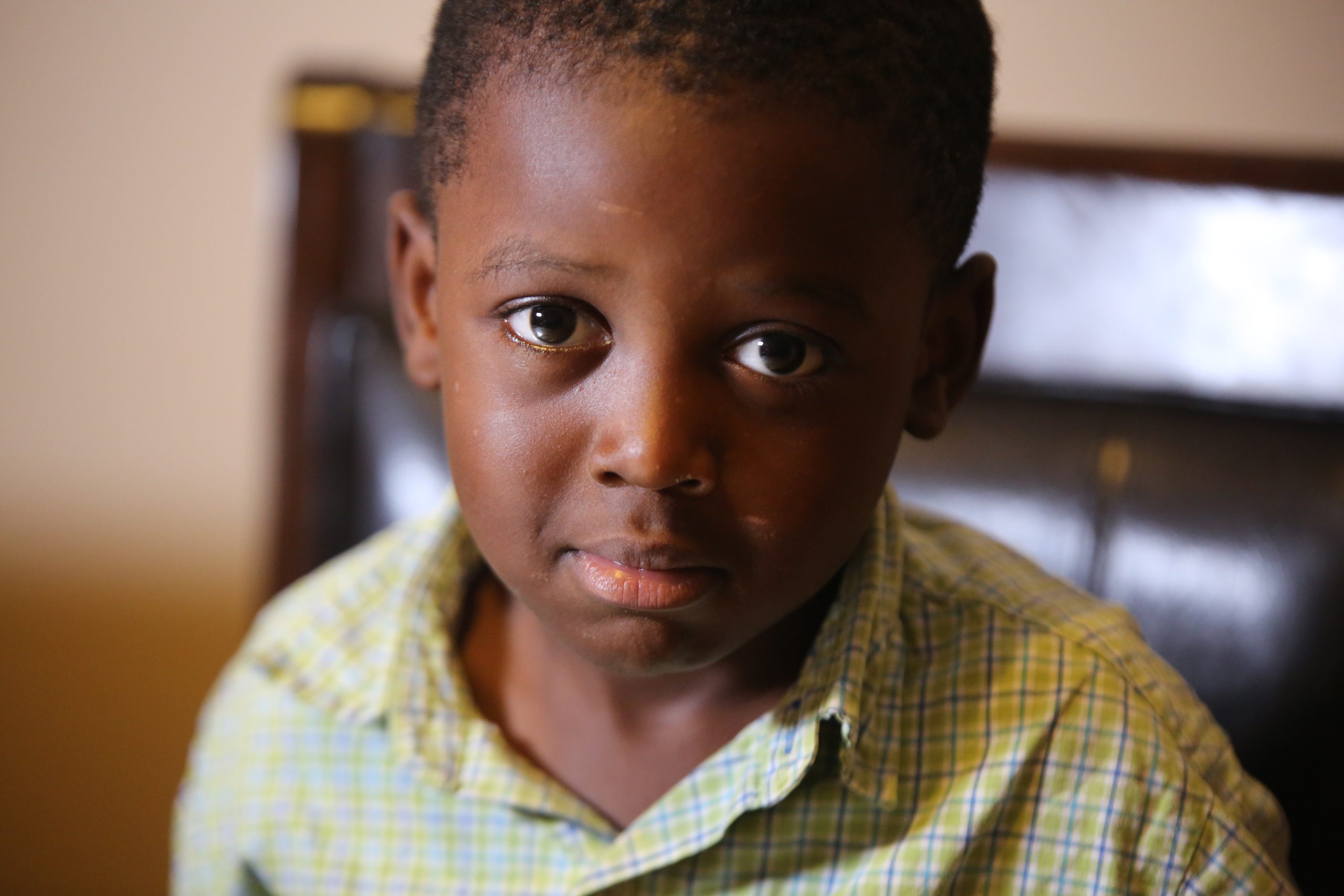The saying, “A child will forever be a child” has flagrantly stripped us naked of our dignity, rights, serenity, and made us victims of clouded feelings and misjudgements. In Liberia, my home, it is a norm to fill children with deep despair and fear as they grow up; this despair is coated under the name ‘discipline’. Too often, Liberian, and some African, parents consider disagreement from their children as a huge crime. A child faces physical, emotional, and mental abuse on a day-to-day basis.
Abusing a child and denigrating their character is the most common discipline trend in Africa; it saddens me every day that despite the low self-esteem issues and mental breakdowns children go through, they are never given the simplest comfort by their oppressors (i.e. parents). It’s shameful how a child is misjudged for wearing a durag, beaten based on gut feelings, and shamed because their past mistakes are used to determine their present.
The voice of an African child is nothing but a cry for peace. A report by the African Child Policy Forum shows that at least 60% of boys and 51% of girls in Africa are victims of physical abuse. That is not a surprise to me as I am a victim of child abuse too. Some days, I wonder if children in Africa are experiencing a sting of modern slavery- the one where our cries for freedom is bottled-up in suicide. I question myself if our existence is meant to pay for the immeasurable pain our forefathers went through, that maltreatment has become genetic, depression and anxiety are the new painkillers to this illness.
As masculinity creeps in, I realize that these hurdles symbolize no greater good – this is a polished lie used to justify the actions of sadistic parents/guardians. The truth is the child is broken before he/she even has a life. I would say that the main source of gender-based violence in Africa is “an African home.” I fear that these ill norms are a result of “I will pay my debt on my children, since my parents did it to me.” or “This is the way my parents did it; spare the rod and spoil the child.” Studies show the opposite though; children who are abused (or “physically disciplined”) at home are more likely to experience other forms of violence (including sexual violence); it also teaches children that violence is the best method to use in solving problems which thereby creates to a volatile society of emotionally unstable people. It is important for parents and professionals working with children to be aware that pushing, grabbing, shoving, hitting, or slapping children may increase the likelihood of emotional abuse, sexual abuse, physical abuse, physical neglect, emotional neglect, and exposure to Intimate Partner Violence (IPV) in childhood and also experiencing IPV victimization and/or perpetration in later adulthood. Yes, children need guidance and sometimes discipline, but there are a myriad of ways to achieve that that do not cause immediate exposure to danger and long term psychological trauma.
It is my concluding thought that in most cases, a husband beating his wife, children finding profanity as a language, and streets being a place of comfort are by-products of the constant parental abuse a child is faced with.
It has been over thirty years since the African Children’s Charter was adopted, yet children still suffer at the hands of their parents. Of all unspeakable damages suffered by us (children), violence is surely the worst, simply because it is avoidable yet leaves lasting scars. I fear that this generation will bear monster-filled parents, for Africa, once more, has become a place where children are slaves.
To be continued.
Authored by: Justin Verrat Morris, II.
Featured Image by: Francois B. Arthanas on Unsplash

